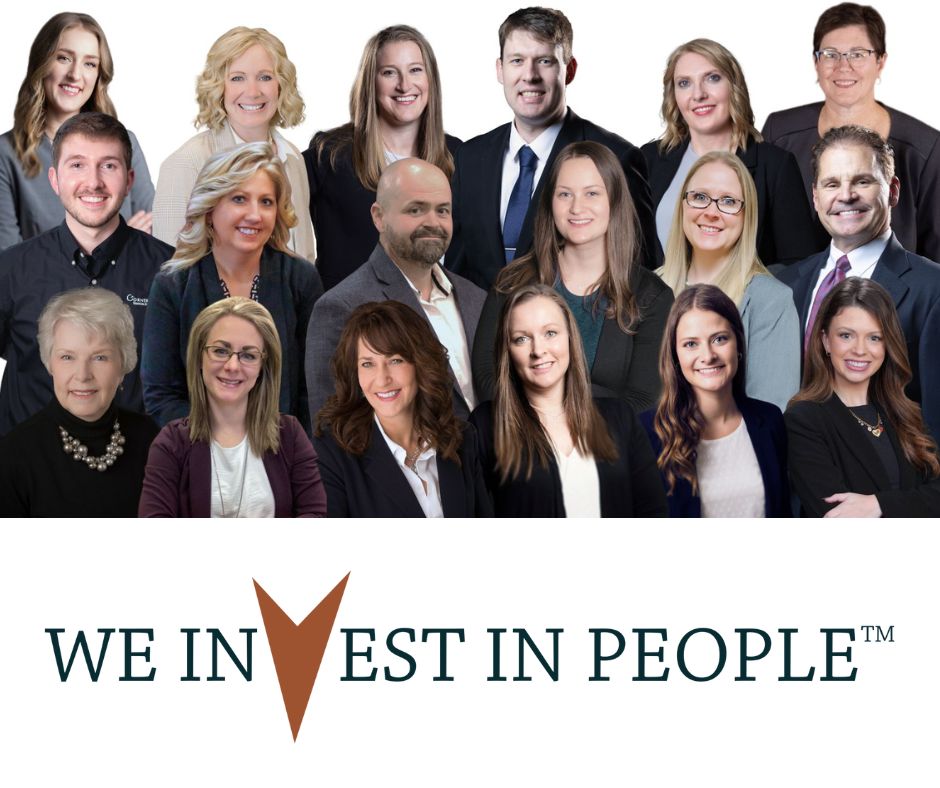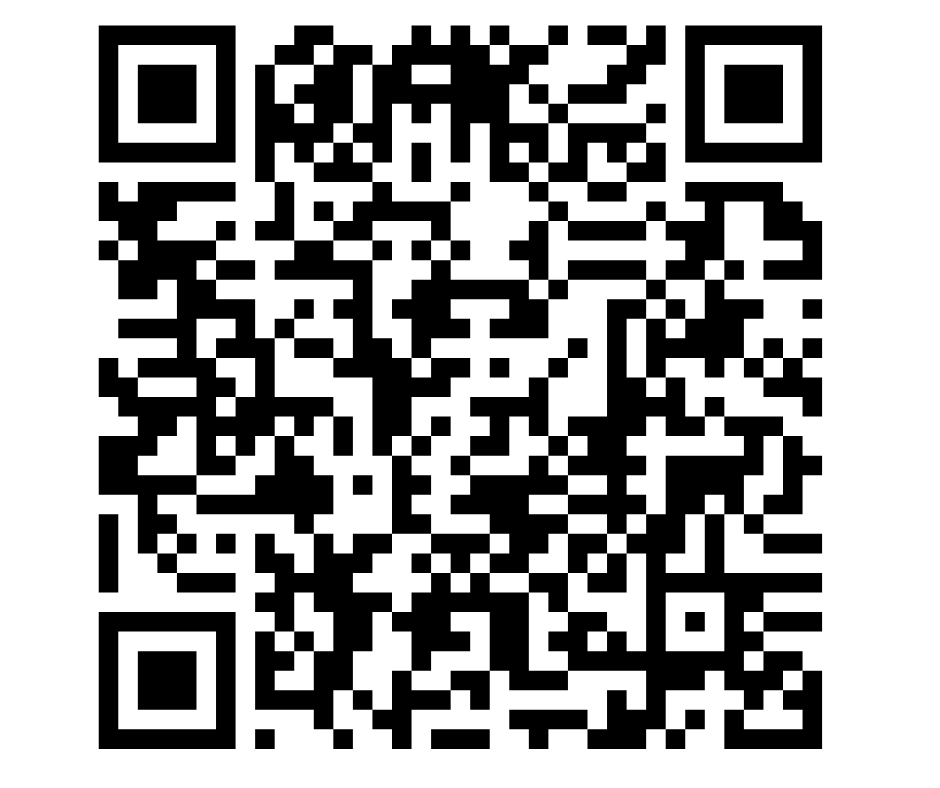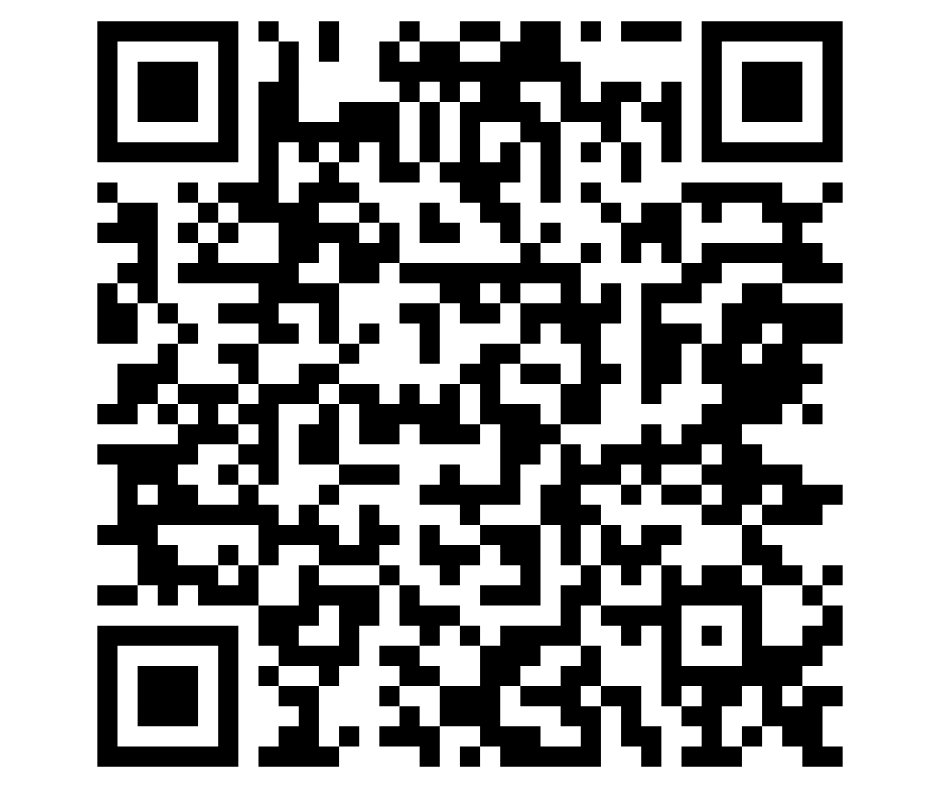Celebrating Your Shared Story
Exploring your family’s history during the holidays.
Holiday family traditions are about more than food. They’re the perfect time for connection, gratitude, and remembering those who came before us. As you gather around the table this season, take a moment to reflect on your shared story, and start the process of preserving it for the next generation.
Exploring your family’s history adds meaning to the holiday, deepening your appreciation for the people and experiences that shaped your life. Just as we pass down recipes or heirlooms, tracing your family tree and history helps keep your family’s values and memories alive.
Why Family History Belongs at the Holiday Table
Every family has a keeper of stories. The aunt or uncle who remembers who farmed where, who served in the war, or who made the famous cranberry salad. The holidays offer a natural opportunity to collect and share those memories while everyone is together.
Researching your family history is a way to honor the sacrifices, dreams, and determination of those who came before you. It can help younger generations feel rooted in their heritage and connected to something larger than themselves.
How to Begin Building Your Family Tree
- Start With Yourself
Begin by recording your own story—birthplace, key life events, relationships, and traditions. Then expand to your parents, grandparents, and great-grandparents. You are the starting point of your family’s living history.
- Begin at Home
Explore old albums, letters, or newspaper clippings that may hold forgotten details. Certificates, photos, and military records can reveal surprising connections and add depth to your story.
- Ask the Experts—Your Relatives
Holiday gatherings are the perfect time to listen. Ask older family members what they remember about their parents or grandparents. Their firsthand stories often fill gaps that official records cannot.
- Explore Public Records
When you’re ready to go further, visit federal, state, or county archives. Census records, property deeds, and marriage licenses can help trace your family’s journey across generations.
Turning Gratitude Into Legacy
Make storytelling part of your family’s holiday traditions. Write down memories, share old photos, or start a family tree together. By preserving your family’s history, you create a legacy of gratitude that lasts long after the dishes are cleared and the leftovers are gone.
CSP #926856. Exp. 10.31.26











